by
Claude GaultierClaude Gaultier
Developmental respiratory control disorders constitute a broad sp- trum of conditions ranging from the fairly common (apnoea of prematurity) to the very rare congenital central hypoventilation syndrome (CCHS). Investi- tions of respiratory control in newborns and infants are challenging to perform and remain far outside the scope of routine practice. Yet, early diagnosis and treatment is crucial, since respiratory control impairments at early developm- tal stages compromise brain oxygenation and may generate irreversible motor and cognitive disorders. Early clinical observations showed family clustering of some of the respiratory control disorders, such as CCHS, suggesting a role for genetic f- tors. The description of the genome in mice and subsequently in humans opened up the field of research into the genetic basis for respiratory control disorders. The data of greatest clinical relevance were obtained in CCHS, a condition whose link to a PHOX2B gene mutation allows parental counselling and pre- tal diagnosis. However, despite this advance in knowledge, many questions – garding the pathogenic mechanisms of CCHS remain to be resolved. Among other respiratory control disorders, Prader-Willi and Rett syndromes have been the focus of major advances regarding the pathogenesis of the respiratory c- trol deficit. Even the complex and multifactorial pathogenesis of sudden infant death syndrome and obstructive apnoea syndrome is coming to light. These – vances in research are the fruit of combined studies in mutant newborn mice and in humans.
Product Details
| ISBN-13: | 9780387707648 | |
| Publisher: | Springer US | |
| Publication date: | 10/18/2007 | |
| Edition description: | 2008 | |
| Pages: | 324 | |
| Product dimensions: | 6.10(w) x 9.25(h) x 0.04(d) |

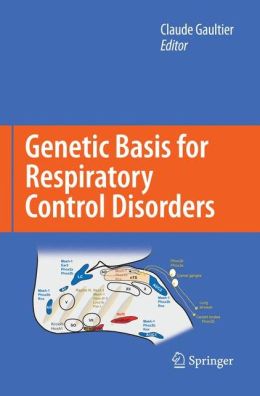


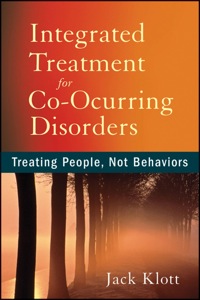
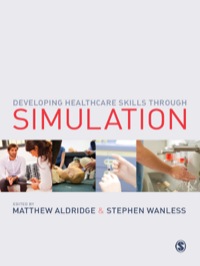
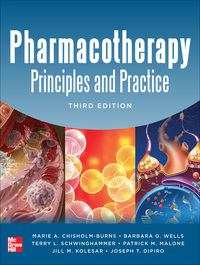
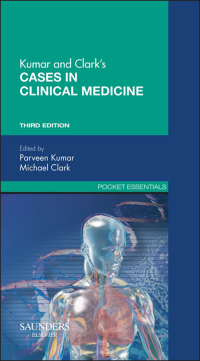


Reviews
There are no reviews yet.